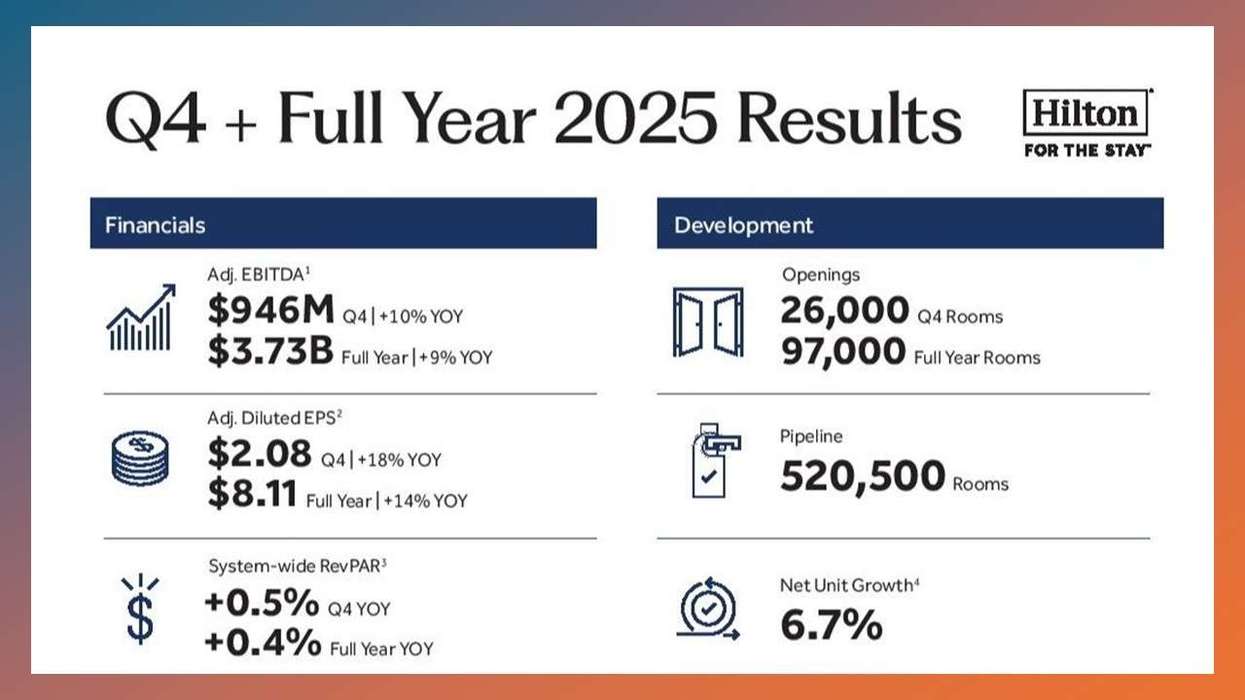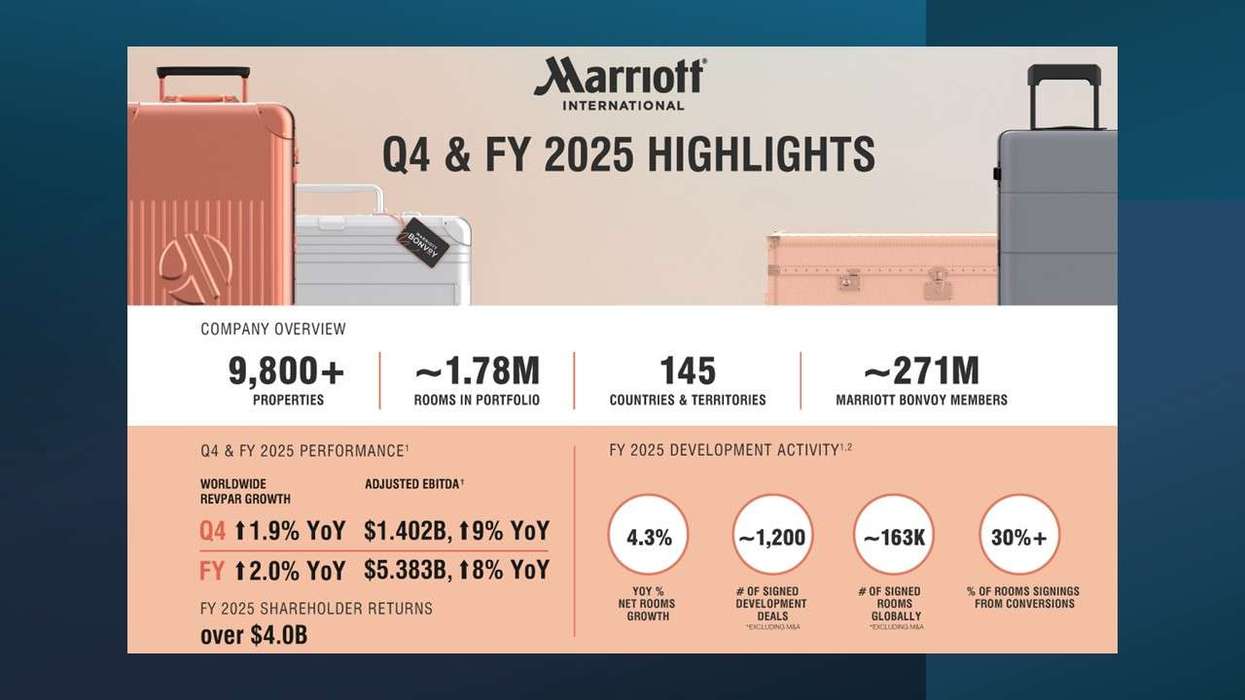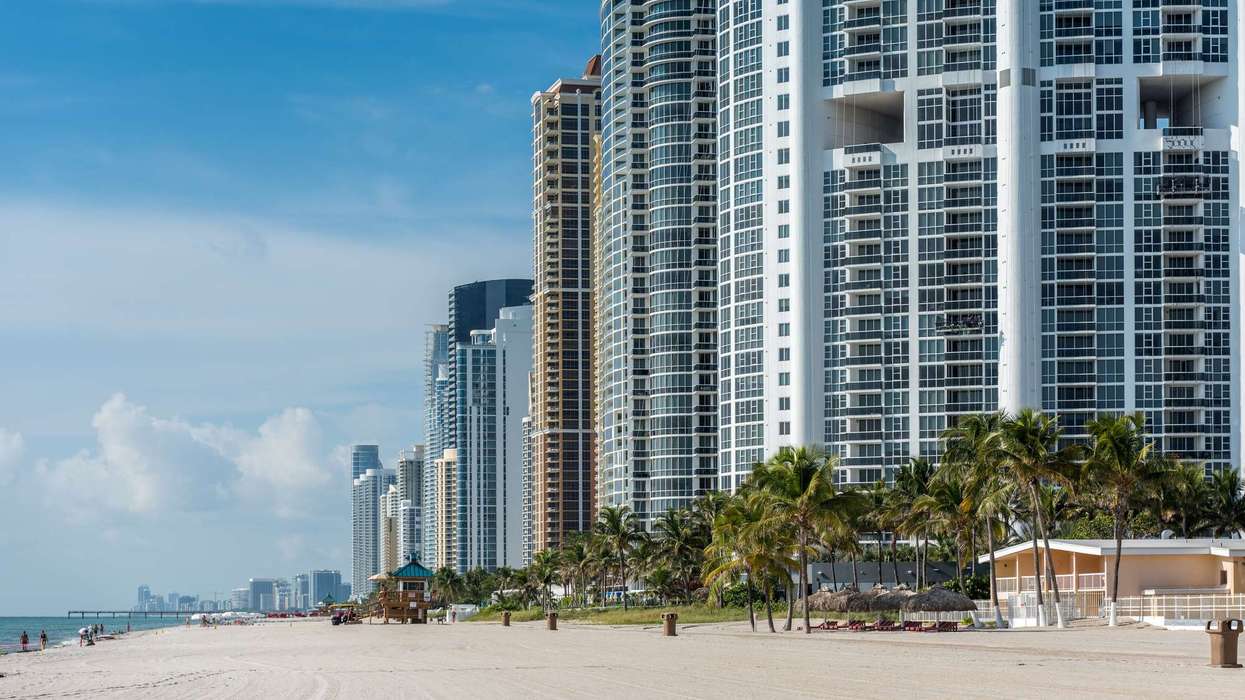THE U.S. HOSPITALITY industry continues to break all the wrong records with the impact of the COVID-19 pandemic on the economy. Using modeling based on past downturns, CBRE Hotels Research is forecasting drops in RevPAR and gross operating profits that will play a role in how hotels that closed during the crisis reopen.
CBRE Hotels Research estimates an annual decline of 46 percent in RevPAR across all U.S. hotels in 2020 due to the impact of COVID-19 as of April 12. This is the lowest in the past 90 years. The previous greatest annual decline happened in 1932, when the RevPAR dropped by 24.7 per cent, as per CBRE’s annual Trends in the Hotel Industry survey.
The U.S. lodging industry is projected to achieve an annual occupancy level of 42.6 percent in 2020. The lowest annual occupancy level ever achieved by the CBRE Trends sample was 44.5 percent in 1933. The occupancy levels are forecast to bottom out at 23.3 percent during the second quarter of 2020. In the U.S., several hotel owners have shuttered operations in March and April of 2020, with the expectation to re-open later in 2020.
“At the low levels of occupancy, hotel owners and operators have responded by reducing their fixed costs as much as they can and spending just a minimal amount on the variable costs,” said Robert Mandelbaum, CBRE’s director of research information services.
The survey says that the lower the occupancy level, the lower the GOP and EBITDA margins.
“Properties in all six chain-scale categories were able to realize a positive GOP at their respective forecast annual occupancy levels,” said Mandelbaum. “However, only those in the upscale, upper-midscale, and economy segments were able to earn a positive EBITDA, albeit minimal in most cases.”
The CBRE forecast points out that those properties that opt to close down during the crisis period would incur unique cleaning, maintenance, rehiring, inventory and other operating expenses that do not typically influence the financial performance of a hotel.
“The ability to generate an ‘operating profit’ is of limited benefit to hotel owners, lenders, and investors that depend on EBITDA profits,” Mandelbaum wrote. “However, an understanding of operating performance at austere levels does provide guidance to potential cash flows that can inform negotiations and discussions among the various stakeholders in hotel real estate investment and operations.”
In a previous article in April, Mandelbaum compared data from past recessions to judge the current downturn.




